Erica Rodgers, National Director of the Youth for Human Rights International, recalled a touching moment between the organization and an 11-year-old boy.
The organization had visited the boy’s elementary school to teach the children about their 30 rights, including the right to privacy which protects individuals from bullying.
“The boy sent a written letter thanking us for coming to the school,” Rodgers said. “He said he was thinking about committing suicide and that learning the rights helped him overcome his issues.”
Rodgers said she felt many emotions of happiness and sadness and felt obligated to create programs and events that spread awareness on human rights issues.
On Sunday afternoon, the organization led a Stand Up for Human Rights march at the Lincoln Memorial Reflecting Pool, where dozens of people braved the cold to spark fire on human rights.
Activists held up signs in shades of blue, reflecting along the pool as participants marched. Participants talked with people watching educating them on the importance of the event.
Beth Akiyama, executive director of the Church of Scientology, led chants yelling “Human rights now! Human rights now! Human rights now!” as they echoed throughout the area attracting visitors to glance and even start conversation.
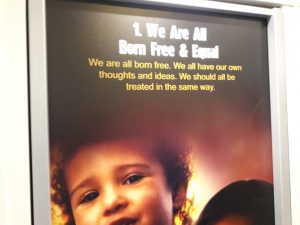
“It’s important to spread awareness about human rights because we all have them and deserve to use them when needed,” Akiyama said.
Mary Ann Steinacker-Grimm, human rights activist, said she discovered how essential it was to exert her rights after a rough time with her ex-husband.
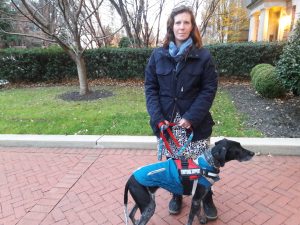
“With my ex-husband, it was a slow slippy slope to control issues to a point in 2014 in Brooklyn I couldn’t go out of my house to the Post Office box without him wanting to know where I’m going and how long I’m going to be out,” Steinacker-Grimm said. “It was mild compared to what I’ve heard and read online, but I realized at some point that I want to speak out and stand up for my basic rights.”
After the march, participants were called to visit the Founding Church of Scientology to see the Human Rights Pop-Up Exhibit, which provided videos explaining the 30 rights and their timeline from 539 BC to 1945’s Universal Declaration of Human Rights.
The organization displayed videos showing examples of the right of privacy, copyright, no slavery and the right to life.
The organization said that 40 million children below the age of 15 suffer from abuse and neglect, approximately 20 million people are enslaved in human trafficking trade around the world and more than 300,000 children under the 18 are being exploited as child soldiers worldwide.
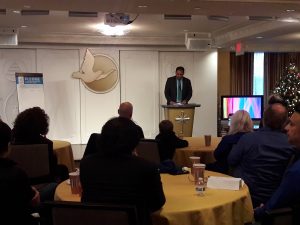
The organization did a survey across the District to see how many people actually knew their rights and the purpose for each. Surprisingly, a huge number of residents have no clue there are actually 30 rights.
According to the organization the following are constituted as rights:
|
16. Marriage and family |
|
17. The right to your own things |
|
18. Freedom of thought |
|
19. Freedom of expression |
|
20. The right to public assembly |
|
21.The right to democracy |
|
22. Social security |
|
23. Workers rights’ |
|
24. The right to play |
|
25. Food and shelter for all |
|
26. The right to education |
|
27. Copyright |
|
28. A free and fair world |
|
29. Responsibility |
|
30. No one can take away your human rights |
The Wash did a quick survey of their own after the event asking 10 people what their rights were. Out of 10 only one knew all 30, two knew more than half and the rest were either uncertain or knew a few.

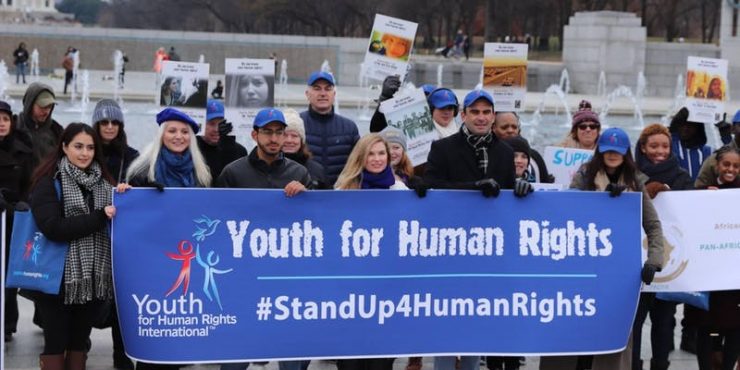
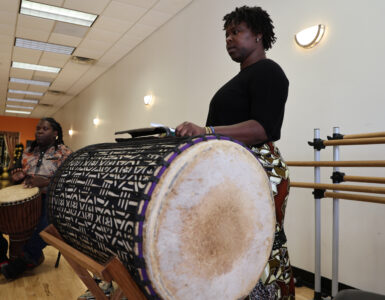
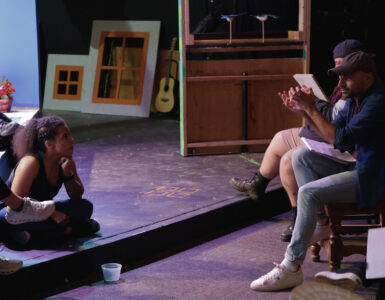











Add comment